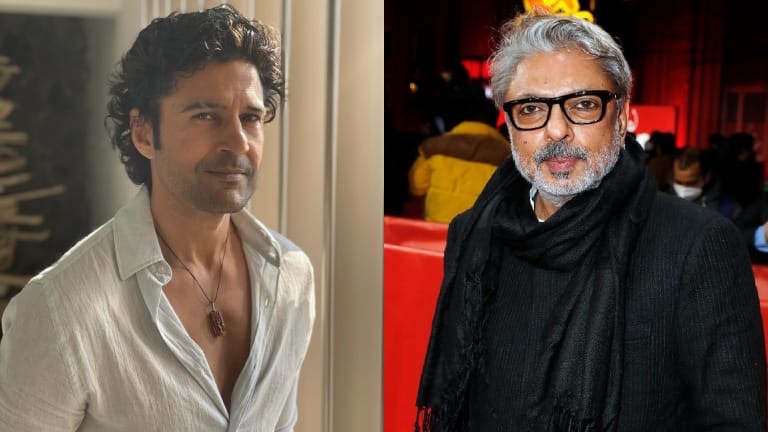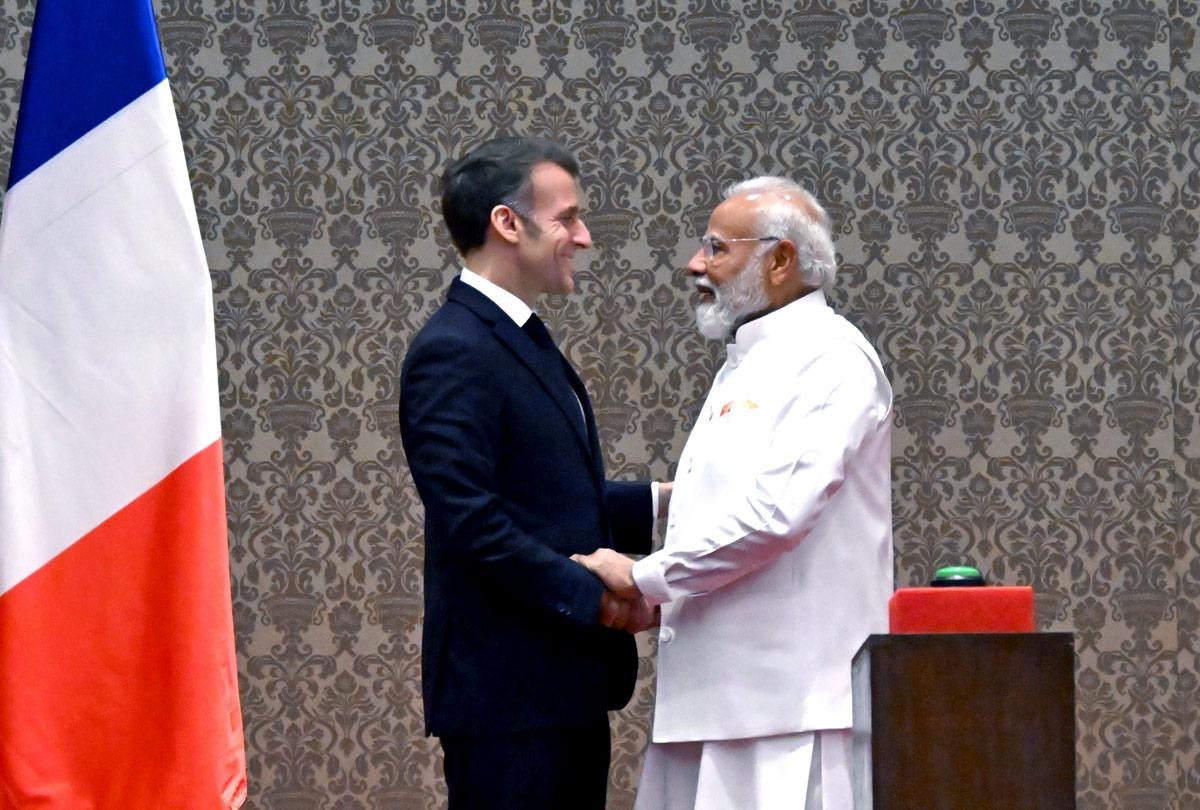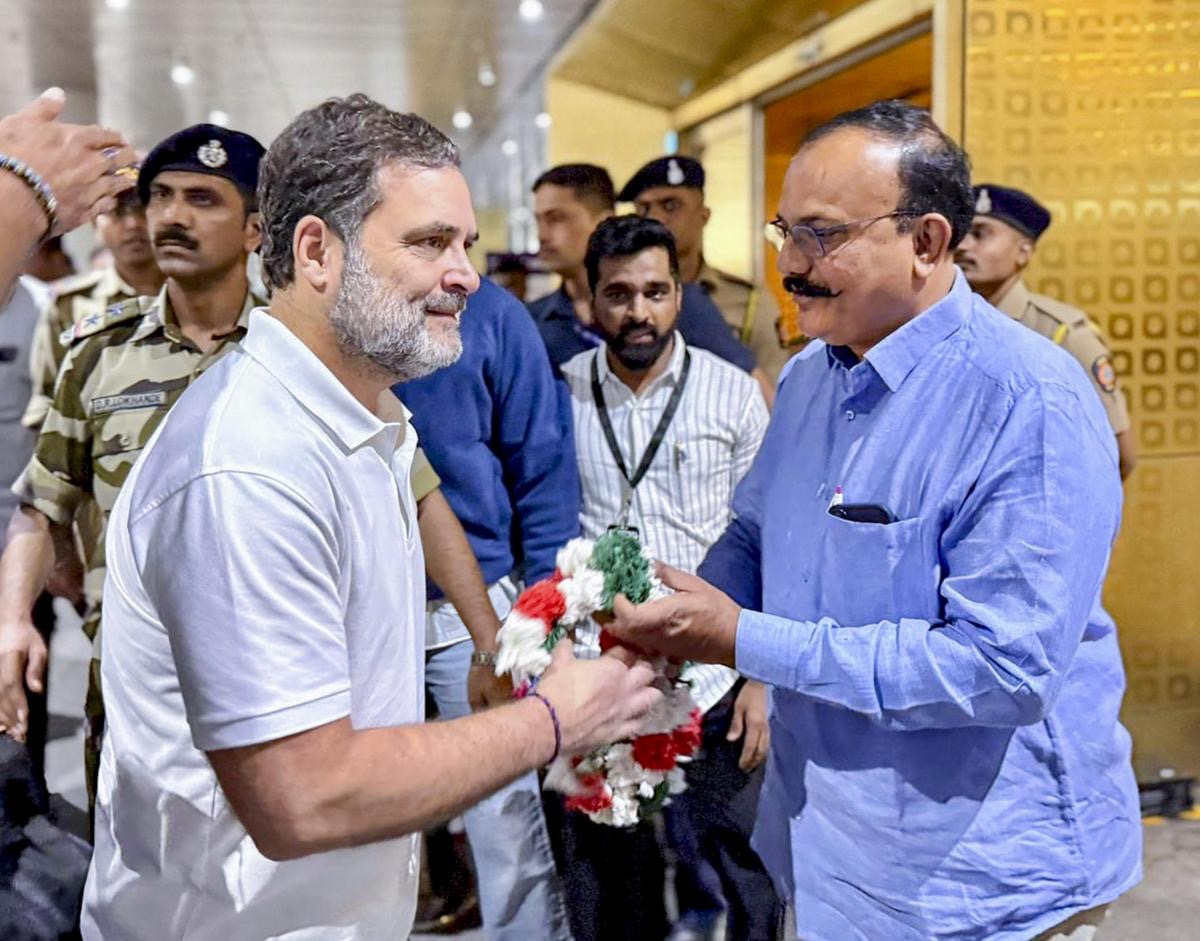Sameer Nair charts new course for Applause Entertainment KBC made Amitabh Bachchan
 KBC veteran Sameer Nair charts new course for Applause Entertainment with big-screen ambitions
KBC veteran Sameer Nair charts new course for Applause Entertainment with big-screen ambitions
In the first eight years of Applause Entertainment, Nair said the focus has been on series for streaming platforms but now with the big screen push, he expect 50-50 revenues from theatrical movies and OTT
Sameer Nair has been a key architect behind hits like Black Warrant on Netflix, Criminal Justice Season 4 on JioHotstar, and the recent The Hunt on SonyLIV. This marked a year by a steady stream of weekend binge-worthy content.
Now, the founder and CEO of Applause Entertainment is setting his sights on a bigger prize: the theatrical film market.
The Aditya Birla Group owned Applause, is one of India’s leading content studios, and is ramping up efforts to establish a formidable presence in cinema. Sameer added they are very focused on trying to build a large movie studio.
Nair, who first made his mark producing iconic television shows like Kyunki Saas Bhi Kabhi Bahu Thi and Kaun Banega Crorepati, has long been a key player in India’s evolving entertainment landscape.
Big screen, bigger play
Among Applause’s upcoming projects is Bison, a Tamil-language sports drama directed by Mari Selvaraj, marking the company’s deepening investment in theatrical ventures. Applause are into building a new slate of movies for the future years and are working with Kabir Khan, Imtiaz Ali.
Through the big screen push, Nair expects strong contributions in terms of revenue from theatrical content.
AI is not directing the big picture yet, says ‘Criminal Justice’ creator Sameer Nair
“For the last many years, we have been focused on series, therefore (streaming) platforms and that’s been our business model of making series and licensing it to platforms.
Starting from this year, Applause are making a big push into theatrical movies and going to movies is going to become a very large component of our life. In the coming years we will end up at a 50:50 (revenue) between movies and series,” he said.
He noted that cinemas unlock the real value of content. “There is a lot of potential in the movie business. The whole industry needs to focus on how to build more screens because that’s where the money is and that is where the retail revenue is and then content can go on to streaming and TV.”
The theatre business was hit by the pandemic impact but it has bounced back, Nair said. The success of recently released movies like Chhaava and Saiyaara is giving him confidence to bet big on movies.
In addition, Nair, who has built a robust OTT series business, will now be replicating the same re-investment model for big screen movies.
Adding what they have done for the last eight years is that they have been deeply in a reinvestment mode. They have done a lot more work for the amount of capital investment. The way the movie and entertainment business works is that it’s connected to cash flow and you have to recycle that cash. If you can get three-four good cash flow cycles going, it works out quite well.
That’s what we are doing and building a brand, building IP (Intellectual Property), building catalogue and library. Now, we are getting into movies. We’ll have a whole bunch of movies that will be owned by us. It will be part of our library of content.”
India with 9,927 screens until last year has still not managed to touch the 10,000 mark. Its screen density remains extremely low compared to other countries like the US and China, per FICCI and Ernst & Young estimates.
The shortening of digital windows (time taken for a theatrical movie to stream on an OTT) to four weeks in many cases has led to the cost-conscious audience segment willing to wait for films that do not receive a high rating or positive social media reaction.
In addition, most of the cinemas are concentrated in the Southern markets with the region having 4,544 screens out of the total number of screens in India.
News Edit KV Raman













